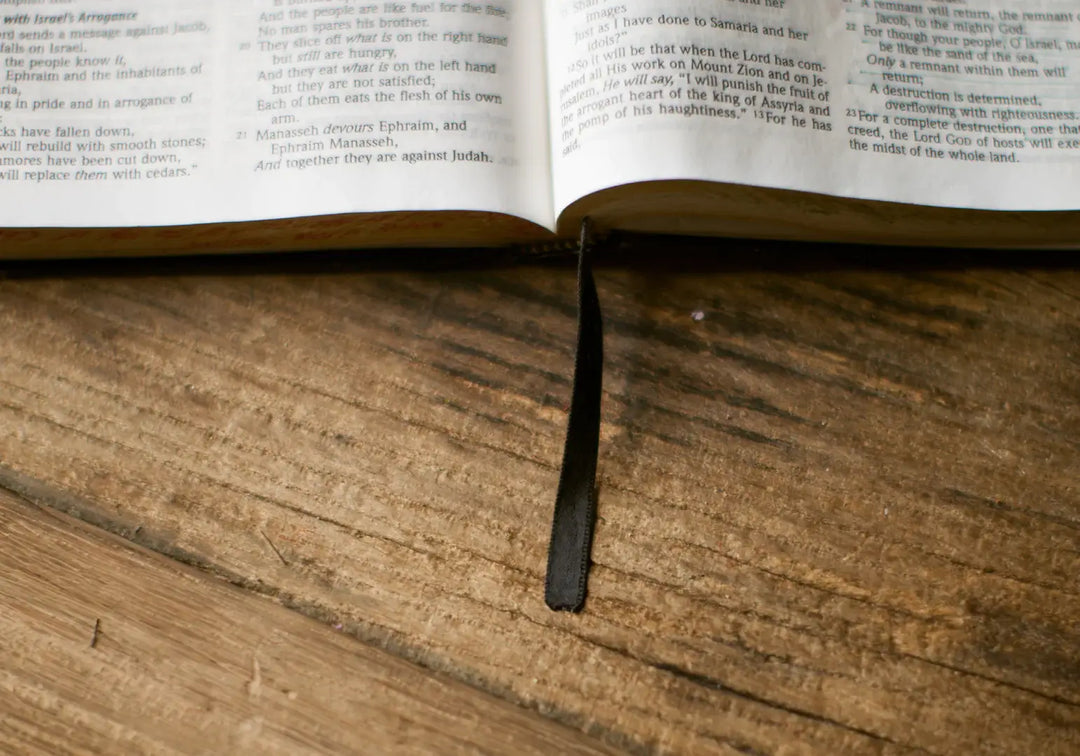I will never forget the night when the Lord asked us to pray for our enemies, to pray for those who purposefully misuse us.
We were sitting on a dirty floor under a flickering light bulb, desperately longing for our children who we had been cruelly separated from when taken hostage by terrorists in 2013. That particular evening, we were contemplating the passage in Matt 5:44 and prayed the scripture in a general sense, without too much thought. In fact, we were praying half-heartedly. We were so tired and overwhelmed by hopelessness as we contemplated whether we would make it out of the situation alive.
So, we prayed without thinking about the intricate meaning of this scripture. Halfway through our prayer, we were interrupted by one of our guards. He was upset because, according to him, we had called him and interrupted them while they were planning their next evil act. We were certain we had not called him, but the angry guard insisted we had. Only after my husband had reassured him and apologised for the interruption – which we had not caused – did we try, unsuccessfully, to resume our prayer.
Our ability to recall what we had been praying was severely compromised due to the continued trauma, lack of sleep, and stress. We turned to our precious notebook, peeked in the dim light at the scribbled scriptures…oh yes, it was Matt 5:44. Suddenly, the truth of the verse hit us between the eyes. Was God really asking us to pray for these terrorists? Those who had been purposefully misusing us? To say I was unwilling, was an understatement. I was furious at the Lord. Had He forgotten what these perpetrators had done to us, or indirectly, to our children, who did not even know if we were alive? What about all the innocent people they had killed and maimed in recent bombings? We had, unfortunately, overheard them planning their vicious deeds, and had to endure their celebrations afterwards. Surely, the Lord was mistaken. Who would pray for people like this?
But the Lord began revealing our hearts to us. We were sinners too, lost and separated from God, had it not been for the saving grace of Jesus Christ. How, we asked each other, did the Lord feel about them? Humbled, we started praying for our enemies, by name, as if they were our very own children.
Almost a year later – when my husband was killed by them – did I understand, for the first time, why and how the Lord had prepared our hearts for forgiveness – by praying for our enemies. It was time to speak forgiveness. As my children and I contemplated what to say to a world waiting for a response, we asked the Lord what He wanted to say. All that came to mind was Jesus hanging on the cross, speaking the most important words ever spoken for the sake of mankind, while fleshing out the essence of the gospel with His last breath: “Father forgive them...” We concluded in that moment, that as Christ-followers, we desired to imitate His life to a broken world, and thereby glorify Him.
At that media conference, we heard ourselves speak forgiveness towards our perpetrators. We were relinquishing them into God’s hand so that no root of bitterness would take hold, lest we be poisoned by unforgiveness.
Forgiveness is not easy, and some consider it impossible. Many of us know our own ‘terrorist’ and live with unspeakable consequences because of their actions. The crippling injustices and misconceptions about forgiveness often hinder this journey because we perceive it to imply the condoning of the injustices done, or that forgiveness somehow minimises the offence. Forgiveness also does not make the perpetrators transformed souls, and neither does reconciliation naturally follow out of this – especially if the incident is ongoing.
Although forgiveness is not easy, and Jesus mentioned that it would be easier to speak healing than to forgive (Matt 9:4-7), it is a choice and an act of obedience as we follow the Word, and we flesh out the life of Jesus to a broken world.




